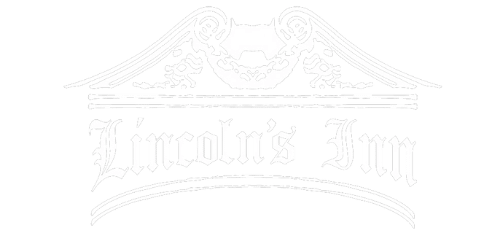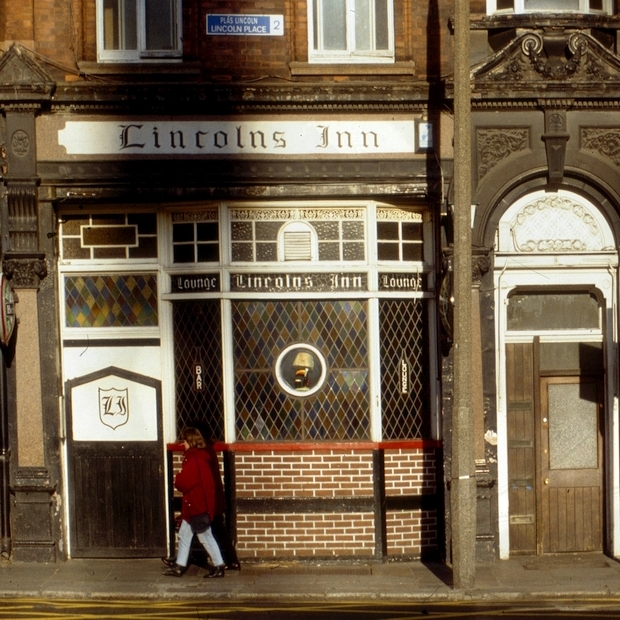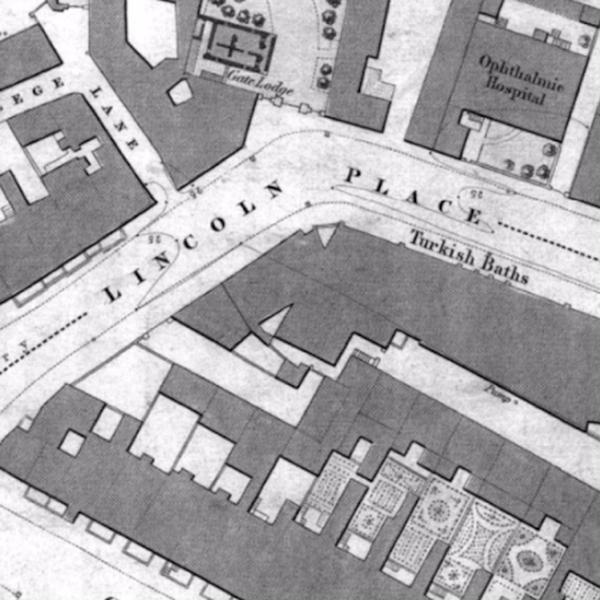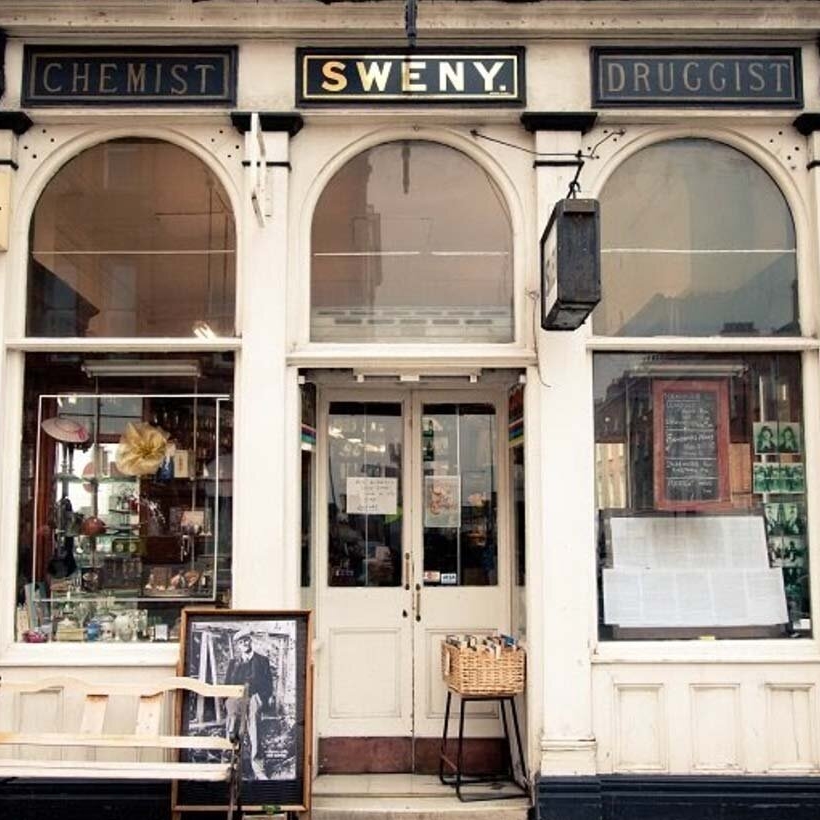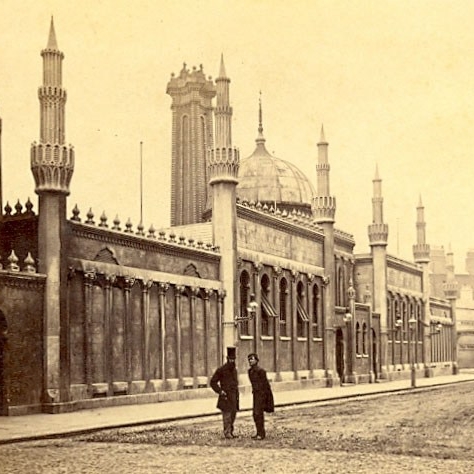THE INN
Serving Dublin for over 200 yearsOur Origins
There has been a continuous licence here since 1822 in what was then known as Park Street East when enterprising family patriarch George McKenna acquired the first licence on this site. These were arduous and difficult trading days for the Mc Kennas as the family relied heavily on trade from Trinity students and from the surrounding residential areas.
Park Street was then but an elegant walkway finding popularity with those who liked to stroll through the grounds of Trinity College. And for the next twenty years George McKenna ran the family business while his son Daniel learned the rudiments of the trade at his side.
Daniel Takes the Reins
By 1845 George had departed for that great tavern in the skies and Daniel McKenna, Grocer & Spirit Dealer, was the name above the door. Daniel was joined in the family endeavour by his younger brother Thomas. The McKenna family were now prospering from their dad’s calculated gamble in moving to this location as the opening of Westland Row Station in 1834 brought massive footfall to the area. Westland Row was the city terminus of the Dublin-Kingstown Railway, the first commuter line in the world. These were good times for the McKenna family and middle class Ireland as the 1840s heralded an economic boom of adventure, expansion and travel spearheaded by the coming of the railways.
By the 1850s Daniel’s son George had taken the reins here at 19 Park Street, which was then a pulsating street of various traders: grocers, victuallers, painters, tailors, bakers and dressmakers. There was no shortage of fresh chicken for the McKennas as their nearest neighbour at no. 18 was Poulterer, Anne Keogh. Mary Knowd, Vintner, then provided modest opposition down the street at no. 26.
The Arrival of William Burke
With a newfound buzz around Lincoln Place and a Victorian boom of business in the air, this pub grocery continued to prosper. This development did not escape the vigilant eye of enterprising publican William Burke, who at this time was trading from no. 26 Lincoln Place, a premises with a much lower rateable valuation.
In 1868 William Burke made George McKenna an offer he could not refuse and after 46 years of McKenna rule, this old hostelry entered a new ownership. Burke was an entrepreneurial publican of the first magnitude for within seven years the success of 19 Lincoln Place enabled him to purchase no. 8 Lower Mount Street, (O’Dwyer’s & Howl at the Moon) in addition to holding onto no. 26 Lincoln Place.
In the following years he executed a stylish Victorian pub grocery transformation to complement the earlier period red brick exterior façade. By the 1890s the name William Burke, Tea, Wine & Spirit Merchant, was synonymous with quality in this area and the affluent Victorian citizenry held a warm affinity to this house. The archway next door to this hostelry was then the entrance to James Nichols Funeral Establishment, and all grieving families were entertained with appropriate levels of decorum and sympathy here.
Burke to Michael Fanning
Historical events in Lincoln Place were now moving in a fateful manner as the main characters moved into place. This movement was completed in 1901 when Tipperary-born publican Michael Fanning purchased The Lincoln Inn from William Burke. Almost immediately, Fanning formed a friendship with the Finn Brothers and the Lincoln Inn began to meet the social needs of Finn’s Hotel’s guests.
Michael Fanning was a man on the move, driven by ambition and opportunity, and in the early years, while living overhead, The Lincoln Inn became one of the most affluent pub groceries in Dublin. In 1910 he was rewarded for his endeavours as he was elected National Chairman of the LVA (licensed vintners association). But fortune and fame through literature retrospectively would forever connect these characters to the Joycean Dublin of 1904.
Fanning and the Nationalist Cause
Little is known of how Michael Fanning related to the eccentric and brilliant Joyce, but as the premises prospered, Michael moved his family out to leafy Leeson Park. In the following years as the cause of Home Rule and Irish Nationalism took hold in the national psyche, Michael became a fervent nationalist, as evidenced by his participation in the Gaelic League and other cultural activities.
During the War of Independence, he formed a friendship with Michael Collins and regularly housed IRA men on the run in the upstairs living quarters. Sometimes Collins hid his wanted men in Finn’s Hotel and dropped into The Lincoln Inn for meetings and social interaction with Michael Fanning.
Senator Michael Fanning
Following the signing of the Anglo-Irish Treaty and the Civil War, Michael Fanning followed the leadership of Michael Collins and became an ardent supporter of the infant Free State. In January 1921 he put the pub up for sale but not receiving the amount the premises was worth, decided not to sell. Michael continued to run the Lincoln Inn but his mind was continually drawn to national politics. In 1925 he was elected to Seanad Èireann as a Cumann na nGaedheal candidate.
He served three terms as senator until Èamon De Valera abolished the Free State Senate in 1936. During those years many of Ireland’s literary set including Oliver St. John Gogarty and W.B. Yeats, visited the Lincoln Inn. Michael was known to regularly adjourn here after sittings in the Oireachtas to entertain fellow Senators and TDs. He officially retired from the licensed trade in 1929 but continued to hold on to the Lincoln Inn through a manager until 1941
Fanning to Deignam
As the winds of war, destruction and economic despair hastened across the continent of Europe in 1941, R.J. Deignam became only the fourth owner of this premises. These were again difficult times for the Irish licensed trade as economic depression and rationing made the publican’s lot a difficult one.
Nevertheless the location of The Lincoln Inn ensured it traded better than most. However, the pub grocery business was dying a slow death from which it would never recover.
The Lincoln Inn Today
For almost two hundred years now the Lincoln Inn has survived the ravages of isolation, economic depression, revolution and financial boom – good times and bad. Today this old hostelry has entered a new age with a new vision and purpose in attracting a modern, vibrant clientele. But the same values of hospitality, character, service and heritage remain as they were back in vintage Dublin.
An integral icon of Dublin’s rich licensed heritage!
Lincolns Inn through time
Selection of historical photos of Lincolns Inn and the surrounding area.
Come on In!
Weekdays
MON -THURS: 12PM – 10PM
Weekends
FRIDAY: 12PM – 10:30PM
SAT/SUN: 12PM – 9:00PM
Bank Holidays
1PM – 11:30PM
